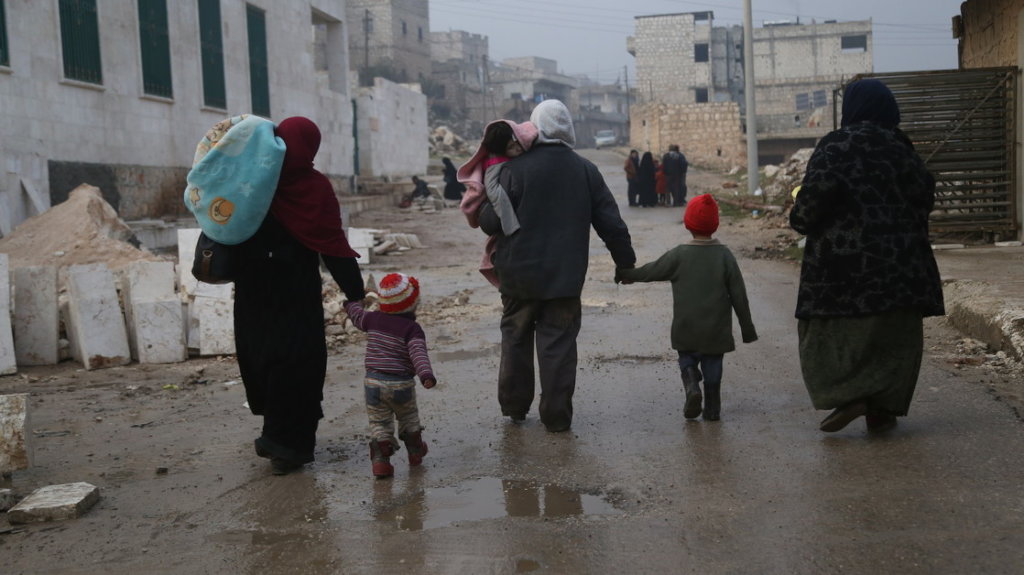Gynecological diseases, particularly those stemming from early marriage among girls, along with the impact of the Syrian war on disrupting menstruation before the age of 40, have been significant factors impeding women’s fertility.
Ms. Salam, who lost her husband in Douma in 2014, shared her struggle with early menopause despite being in her thirties and not having any chronic illnesses. This condition dashed her hopes of remarriage and robbed her of the joy of motherhood, as she can no longer conceive, according to reports from the local Qasioun website.
Gynecologist Nadine al-Warar noted that the war has visibly altered the average age of menopause for Syrian women, especially those residing in areas of intense military conflict.
Arrests of Dozens of Syrians Working with Iranian Militias in Deir-ez-Zor
The harsh living conditions in Syrian society have exacerbated the prevalence of child marriage due to various factors such as poverty and starvation. Families often resort to marrying off their daughters at a young age to alleviate financial burdens, explained Warar.
Social ignorance and the decline in educational standards, compounded by the effects of societal upheaval, contribute significantly to the perpetuation of early marriage. Additionally, economic constraints prevent families from investing in their daughters’ education and skill development, leading to a cycle of poverty.
Early marriage, coupled with limited knowledge of sexual health and family planning, poses grave risks for young pregnancies. According to a study by the World Health Organization, complications arising from teenage pregnancies, including premature births, are a leading cause of mortality among adolescent girls in low- and middle-income nations.
Teenage pregnancies, particularly among unmarried girls, result in school dropout and diminished educational attainment, hindering personal growth and economic prospects for women.
Inadequate living conditions and poor nutrition during pregnancy contribute significantly to maternal underweight and health complications, such as anemia and iron deficiency. These deficiencies increase the risk of pregnancy-related complications, including bleeding, premature labour, and hypertension.
Addressing these multifaceted challenges requires comprehensive strategies encompassing education, healthcare, and economic empowerment to safeguard the well-being and reproductive health of Syrian women.
This article was translated and edited by The Syrian Observer. The Syrian Observer has not verified the content of this story. Responsibility for the information and views set out in this article lies entirely with the author.


